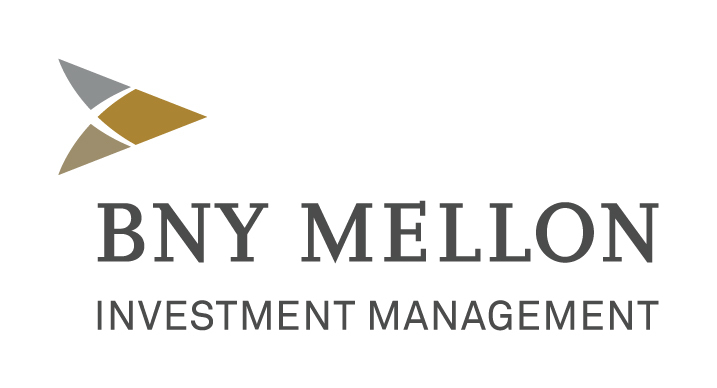Downgrades of investment grade bonds to fallen angels continue apace in 2020. Through September 30, $179.6 billion, across 43 companies and comprising over 230 bonds, has been downgraded. The asset figure already exceeds the full calendar years of 2009 ($103 billion) and 2005 ($149 billion), the largest years for fallen angel creation.
Downgrade history
In the third quarter of 2020, eight companies' bonds totaling $19.5 billion were downgraded, making it the 10th largest quarter of downgrades. While June ($1 billion) and July ($5 billion, 3 companies, 5 issues) were relatively slower months, the tally rose significantly in September. Four companies and 23 issues for a total of $13.5 billion became fallen angels. The total is comparable to all of 2019, and was the 13th largest downgrade since 2005.
2020 Downgrades by Month - USD Billions (April - September)
US Investment Grade - Total and Net Leverage
We believe there are more downgrades to come. As of September 30, our analysis suggests that there are another $475 billion of potential downgrades. Of this total, $165 billion is already rated high yield by one rating agency, and another $199 billion is on negative watch by one rating agency.
In addition to our own analysis, we keep a close watch on sell-side analysis. We recently gathered five sell side reports to get a sense of their independent analysis and found some common themes.
Important information
- Investment grade leverage continues to grow. Coming into 2020, we were concerned with corporate fundamentals and the growth of the BBB sector. The pandemic exacerbated balance-sheet problems and accelerated the pace of downgrades. However, the Federal Reserve's stimulus program and intent to purchase corporate bonds set off a massive wave of issuance as corporations sought to protect future liquidity. BBB issuance increased 18% year to date but fundamentals and BBB bloat remain problematic.
- Rating agency's Q3 patient approach on COVID-19 impact. Given the weak top-line quarterly earnings reports of late, rating agencies suggested that they intend to wait for another quarter of data before issuing downgrades in cyclical sectors, specifically noting industries such as gambling, leisure, REITS, and retailers. This pandemic has hit many cyclical industries, putting many companies on the BBB/BB threshold.
2020 has been a unique year for fallen angel creation. On a forward looking basis, the pandemic impact, bloat in BBB rated bonds, upcoming macro and geopolitical events, and weaker corporate fundamentals portend further downgrades for the remainder of 2020 and into 2021. In our view, more expected downgrades may cause more forced selling leading to larger discounts as these bonds enter the high yield space. If one can implement a diversified exposure to harvest this structural premia, we believe this may lead to more opportunities for alpha generation.
For Professional Clients only. This is a financial promotion and is not investment advice. Any views and opinions are those of the investment manager, unless otherwise noted. This is not investment research or a research recommendation for regulatory purposes. For further information visit the BNY Mellon Investment Management website www.bnymellonim.com. 200925.









